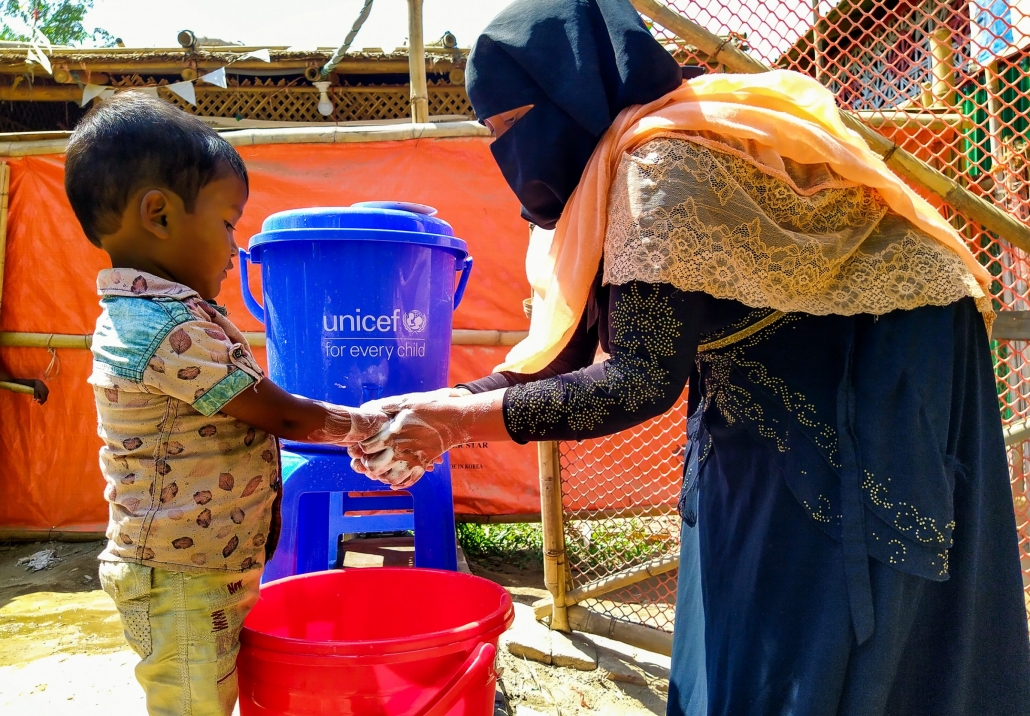1. Water, sanitation, and hygiene can help prevent the spread of Covid-19
Covid-19 can spread from surfaces that are contaminated with respiratory droplets. Hands can transfer the virus through contact with a person’s nose, eyes, and mouth. Since no vaccine is available to combat the novel virus, preventative measures such as frequent hand washing and surface cleaning are crucial. Washing with water and soap will kill the virus, but that requires sufficient access to clean, running water.
2. Hand washing is closely correlated with the spread and magnitude of Covid-19
Proper hygiene is one of the most cost-effective ways to improve health. Maggie Montgomery, the World Health Organization technical officer for WASH, cited hand hygiene as “the number one means of protection” against coronavirus.
Nevertheless, hand hygiene is impossible for millions of people. Locations where people do not have a habit of washing their hands have a much higher level of exposure to the coronavirus.
Nearly half of healthcare facilities (43%) globally do not have basic handwashing facilities while 47% of schools in developing countries lack handwashing facilities with soap and clean water. Overall, three billion people do not have access to handwashing facilities in their homes, which makes the virus extremely difficult to contain in these areas.
3. Leaders worldwide are calling for the expanded access to WASH
Heads of state, governments, leaders at the UN, international financial institutions, civil society, private sector, and research organizations published a joint call for action to prioritize access to WASH resources to fight Covid-19 and future pandemics.
The statement called for five major initiatives:
- Establish universal, equitable access to WASH
- Collaborate with public and private sector leadership at all levels, including immediate action for WASH in healthcare facilities and public institutions
- Guarantee the resilience and sustainability of new WASH infrastructure
- Prioritize funding to support countries with fewer domestic resources
- Communicate openly and transparently
4. There has been progress with WASH and Covid-19
Many leaders and organizations across the globe are responding to Covid-19 by increasing WASH investments. Crucially, developing countries’ governments are taking important steps to ensure that their citizens have access to WASH during this crisis. The END Fund, which traditionally focuses on combating neglected tropical diseases, began funding WASH efforts in Ethiopia, and the Global Handwashing Partnership has produced a number of additional resources on handwashing and Covid-19.
5. The WASH sector is stepping up during the pandemic
Water utilities across the globe are struggling with decreasing revenues and increasing operational and financial uncertainties, but they are taking steps to maintain services through the Covid-19 pandemic. Organizations such as ROCKBlue and the World Bank’s Global Water Security and Sanitation Partnership are advising water utilities on their financial resilience.



